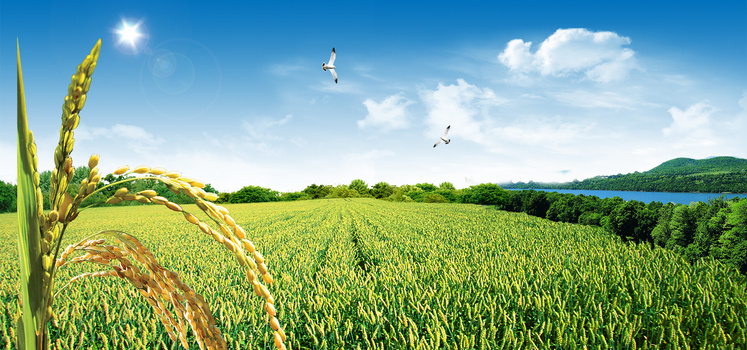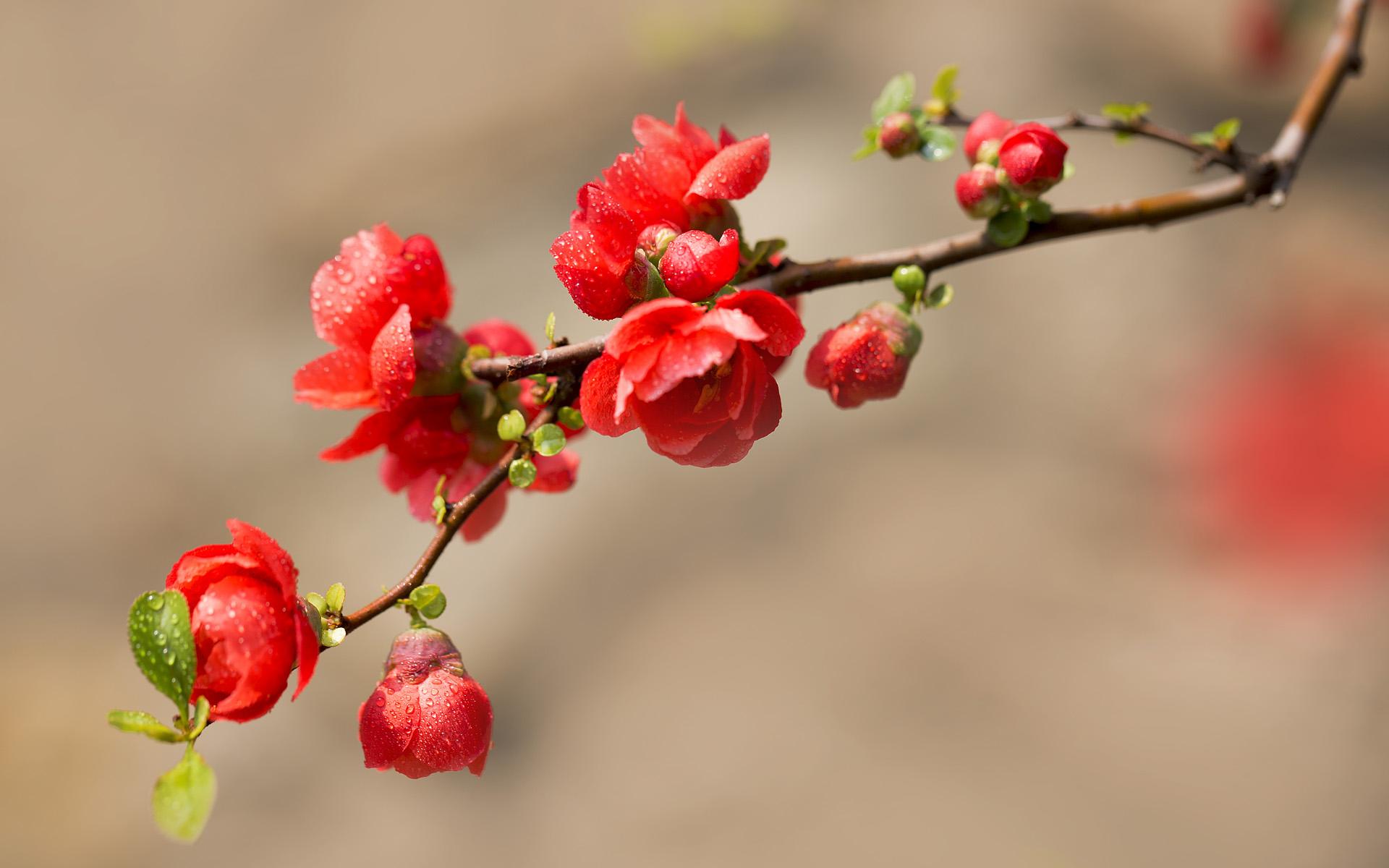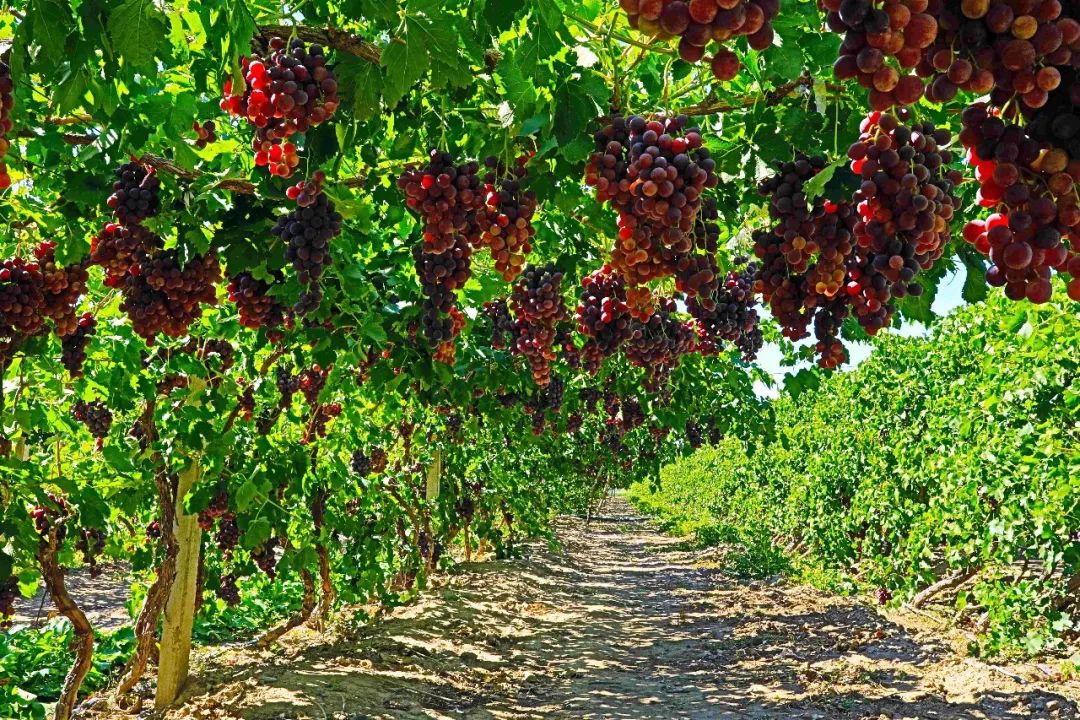



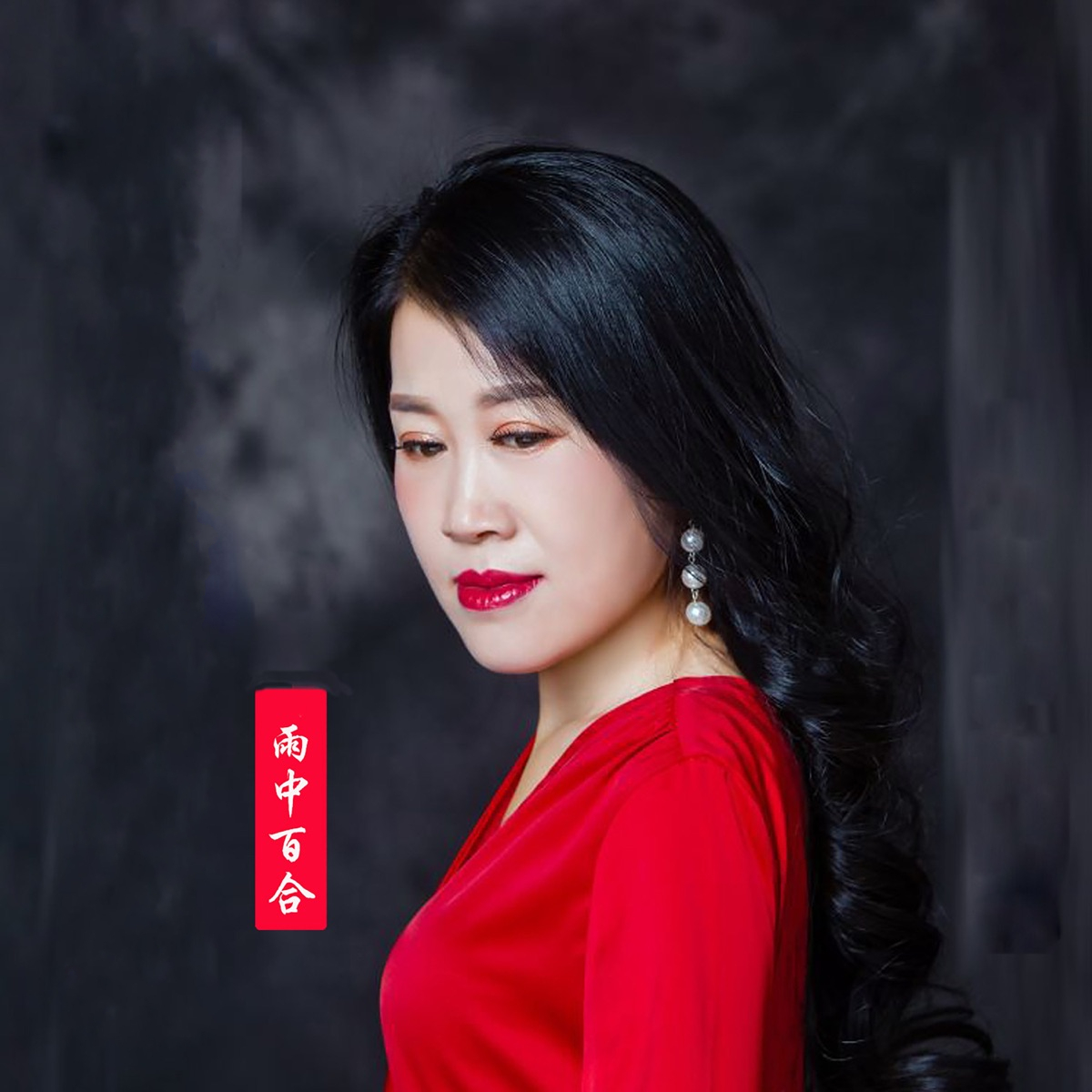


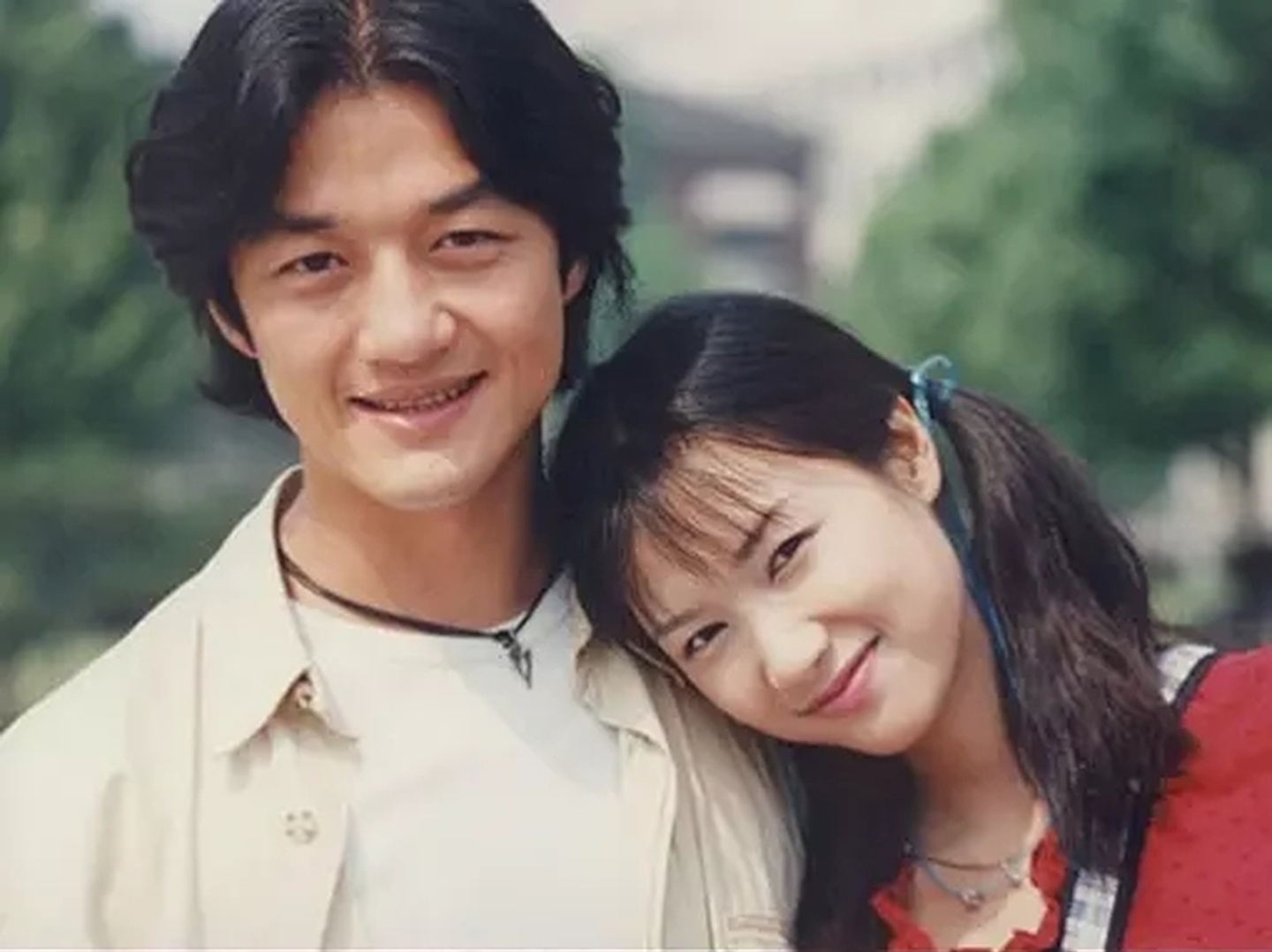
男:给你一张过去的CD
听听那时我们的爱情
有时会突然忘了 我还在爱着你
女:再唱不出那样的歌曲
听到都会红着脸躲避
虽然会经常忘了 我依然爱着你
因为爱情 不会轻易悲伤
男:所以一切都是幸福的模样
女:因为爱情 简单的生长
男:依然随时可以为你疯狂
女:因为爱情 怎么会有沧桑
男:所以我们还是年轻的模样
女:因为爱情 在那个地方
男:依然还有人在那里游荡
合:人来人往
女:再唱不出那样的歌曲
听到都会红着脸躲避
虽然会经常忘了
合:我依然爱着你
女:因为爱情 不会轻易悲伤
男:所以一切都是幸福的模样
女:因为爱情 简单的生长
男:依然随时可以为你疯狂
女:因为爱情 怎么会有沧桑
男:所以我们还是年轻的模样
女:因为爱情 在那个地方
男:依然还有人在那里游荡
合:人来人往
男:给你一张过去的CD
听听那时我们的爱情
女:有时会突然忘了
合:我还在爱着你




苏霈唱,原名苏爱伦,1968年7月出生于台湾台北,祖籍湖北省黄石市大冶市,中国台湾女歌手,其妹妹为台湾歌手苏慧伦。擅长诠释20世纪20年代国语老歌及小调歌曲,有着“小小周璇”之美誉。

凤飞飞唱, 林秋鸾(1953年8月20日—2012年1月3日),艺名凤飞飞,绰号帽子歌后、劳工天使等,台湾女歌手、演员、主持人。至今,她在台湾、中国大陆及东南亚华语社群具有举足轻重的地位。

張帆唱, 张帆出生于1922年9月22日。1935年,年仅13岁的张帆考进了黎锦晖先生创办的明月歌舞团,开始在歌舞剧、话剧、电影界展露艺术才华。
香槟酒气满场飞 钗光鬓影恍来回
爵士乐声响 跳rumba才够味 嘿!
你这样乱摆我怎样随 你这样美貌我这样醉
爵士乐声响 跳rumba才够味 嘿!
勾肩搭背 进进退退 步也徘徊 爱也徘徊
你这样对我媚眼乱飞 害我今晚不得安睡
他们跳rumba我也会 跳得比他更够味
爵士乐声响 对对在满场飞 嘿!





不要问 不要说
一切尽在不言中
这一刻 偎着烛光
让我们静静地度过
莫挥手 莫回头
当我唱起这首歌
怕只怕 泪水轻轻地滑落
愿心中 永远留着我的笑容
伴你走过每一个春夏秋冬
几许愁 几许忧
人生难免苦与痛
失去过
才能真正懂得去珍惜和拥有
情难舍 人难留
今朝一别各西东
冷和热 点点滴滴在心头
愿心中 永远留着我的笑容
伴你走过每一个春夏秋冬
伤离别 离别虽然在眼前
说再见 再见不会太遥远
若有缘 有缘就能期待明天
你和我重逢在灿烂的季节
伤离别 离别虽然在眼前
说再见 再见不会太遥远
若有缘 有缘就能期待明天
你和我重逢在灿烂的季节
若有缘 有缘就能期待明天
你和我重逢在灿烂的季节
不要问 不要说
一切尽在不言中
这一刻 偎着烛光
让我们静静地度过
莫挥手 莫回头
当我唱起这首歌
愿心中留着笑容
陪你度过每个春夏秋冬
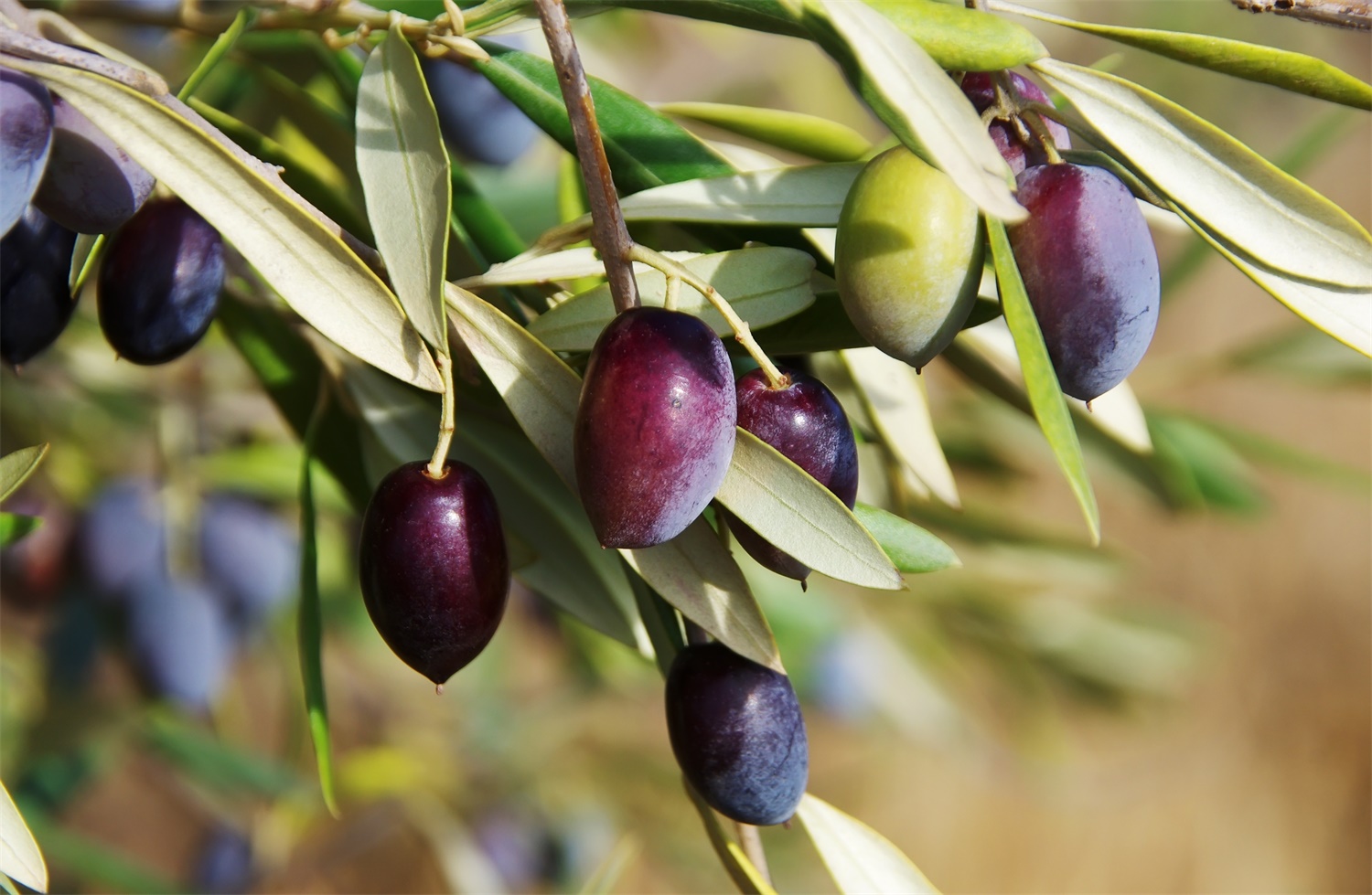
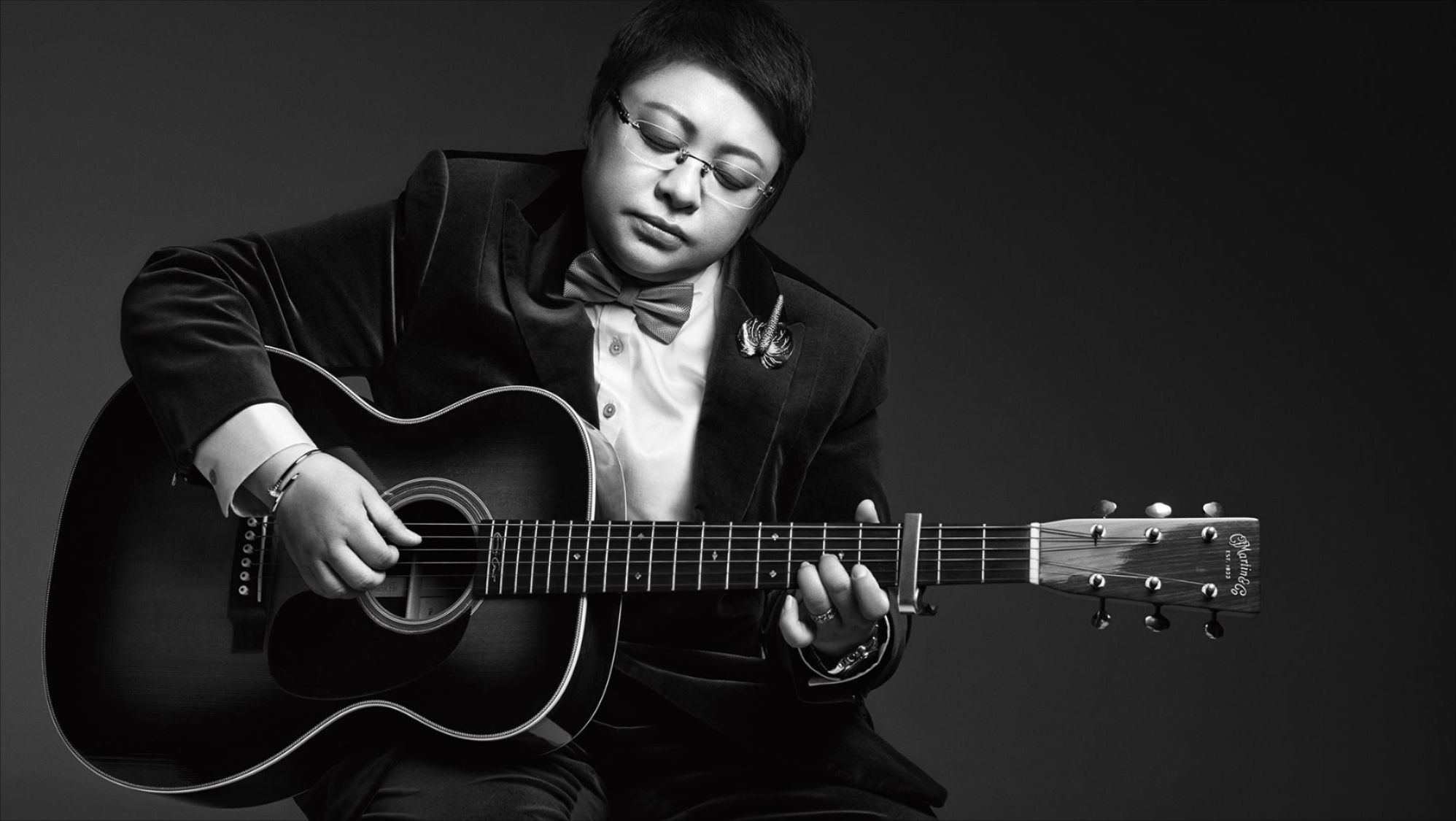
远去的脸庞
像婴儿般安详
清澈的眼睛
闪着温暖的光
围在火堆旁
看老照片
记忆停在家乡
带上母亲的托付和渴望
远去的记忆
仿佛还在身旁
南来的脚印
像鸿雁排成行
告别了北方
回家的路依然漫长
带上父亲的心愿和希望
天上星星排成行
在目送孩子回家乡
林木健朗 风雪逐浪
年轻的生命在路上
人间岁月山水长
是热血让青春闪光
天涯滚烫 落日金黄
孩子的牵挂 永远是家乡
远去的记忆
仿佛还在身旁
南来的脚印
像鸿雁排成行
告别了北方
回家的路依然漫长
带上父亲的心愿和希望
天上星星排成行
在目送孩子回家乡
林木健朗 风雪逐浪
年轻的生命在路上
人间岁月山水长
是热血让青春闪光
天涯滚烫 落日金黄
孩子的牵挂 永远是家乡


Dominio de Pingus is a Spanish winery located in Quintanilla de Onésimo in Valladolid province with vineyards in La Horra area of the Ribera del Duero region. The estate's flagship wine, Pingus, is considered a "cult wine", sold at extremely high prices while remaining very inaccessible,[1][2] and commands an average price of $811 per bottle.[3]
The winery also produces a second wine, Flor de Pingus, and a special cuvée, Ribera del Duero "Amelia". Recently, Dominio de Pingus has founded a joint project with local grape producers to make an old vine tempranillo called "PSI".
Dominio de Pingus was established in 1995 by Danish oenologist Peter Sisseck, also manager of the Pesquera de Duero estate Hacienda Monasterio.[4] On the estate's winemaking philosophies, Sisseck has stated, "The vines in my plots are very old. They have never been fertilised nor treated with pesticides and all grow following the traditional en vaso system. They are perfect."[4]
About the first 1995 vintage of Pingus, Robert Parker declared, "One of the greatest and most exciting wines I have ever tasted".[5] With a very limited first vintage production, only 325 cases were made with prices initially set at US$200 per bottle, it became yet more scarce when in November 1997 the ship transporting a U.S. bound shipment of 75 cases disappeared somewhere off the Azores in the North Atlantic Ocean.[6] The shipwreck resulted in a dramatic reaction in the US market, with prices soon rising to $495 per bottle.[5][6]
At the Ronda WineCreator conference of April 2008, Sisseck was angered by suggestions by Decanter editor Guy Woodward that some winemakers make wines to suit the palates of certain critics. In response he called Woodward's remarks arrogant for implying winemakers do not have their own opinions, adding, "I don't even think it is possible to do this."[7]
In 2007 it was announced that the Spanish government had approved plans to expand highway roads through the vineyards of Dominio de Pingus and other wineries, which was met with strong opposition by Sisseck who called it a "vengeful measure".[8]
Planted with very old vines of Tinto Fino, i.e. Tempranillo, the vineyards are 2.5 hectares (6.2 acres) in Barrosso with vines exceeding 65 years and 1.5 hectares (3.7 acres) in San Cristobal with vines older than 70 years, and the unusually low average yield of 12 hL per hectare. Since 2000, the viticulture has been biodynamic. Of the annual production of Pingus there is typically less than 500 cases, though in poor vintages no Pingus is made.
The production of the second wine Flor de Pingus, also 100% Tempranillo, is made with fruit from rented vineyards in the La Horra zone, with vines older than 35 years. Since the 2005 vintage, the viticulture has been biodynamic. The annual production is on average 4,000 cases.
Additionally there has been the single barrel cuvée, Ribera del Duero "Amelia", made from a vineyard parcel of 100+ year old vines with an average yield of 10 hL per hectare, with biodynamic viticulture since its initial 2003 vintage. The 2005 vintage had a production of 25 cases.
"PSI" is a joint project based on fruit produced by local grape growers from old tempranillo vines. The goal is to help grape producers and save old vines. Project was founded in 2006, first vintage was 2007. Grape growers are encouraged to employ biodynamic or organic vineyard management practices. The wine is made by Peter Sisseck and Pablo Rubio and sold under producer name Bodegas y Viñedos Alnardo. Vinification takes place in large concrete vats and aging in concrete and wooden tanks and oak barrels. Production of PSI 2009 was 9,600 cases, PSI 2010 was 16,600 cases.
